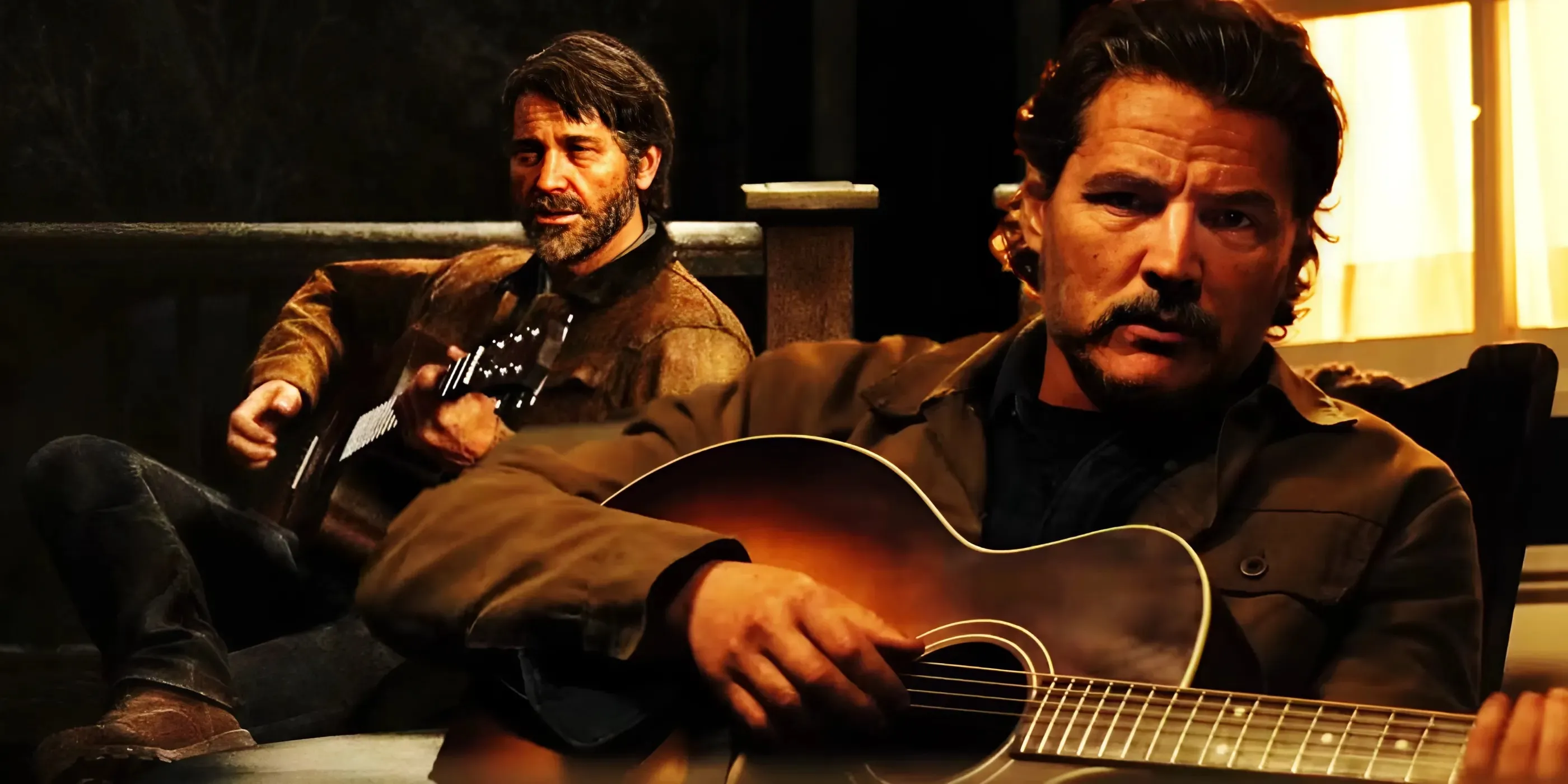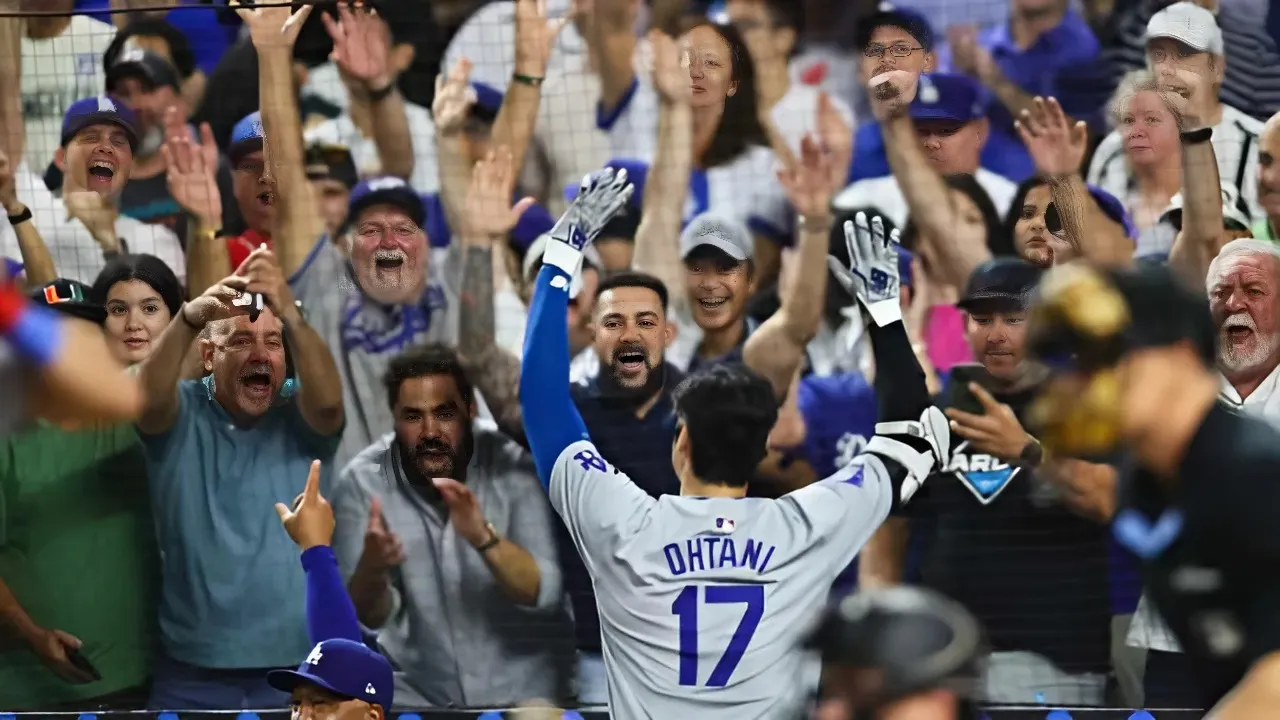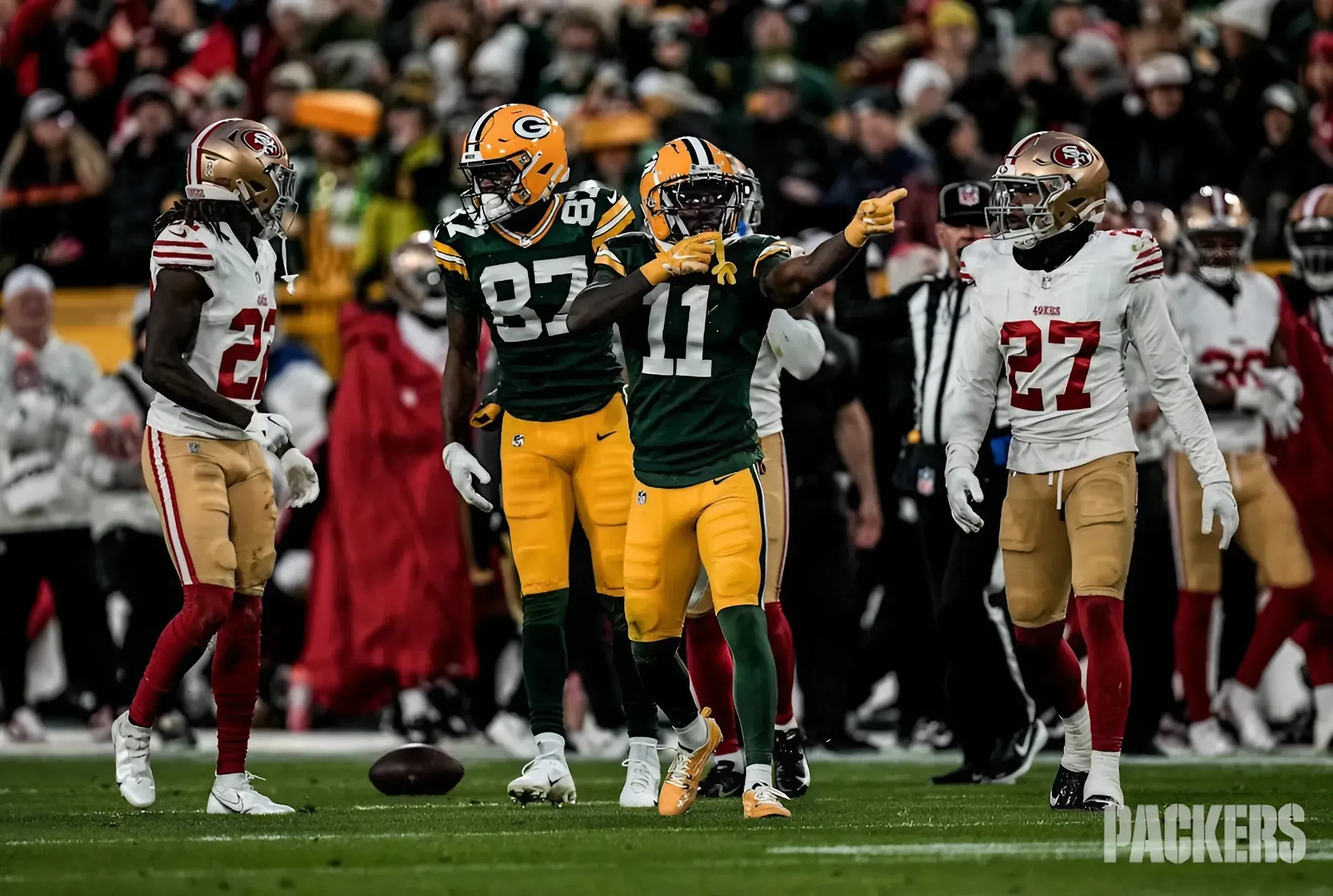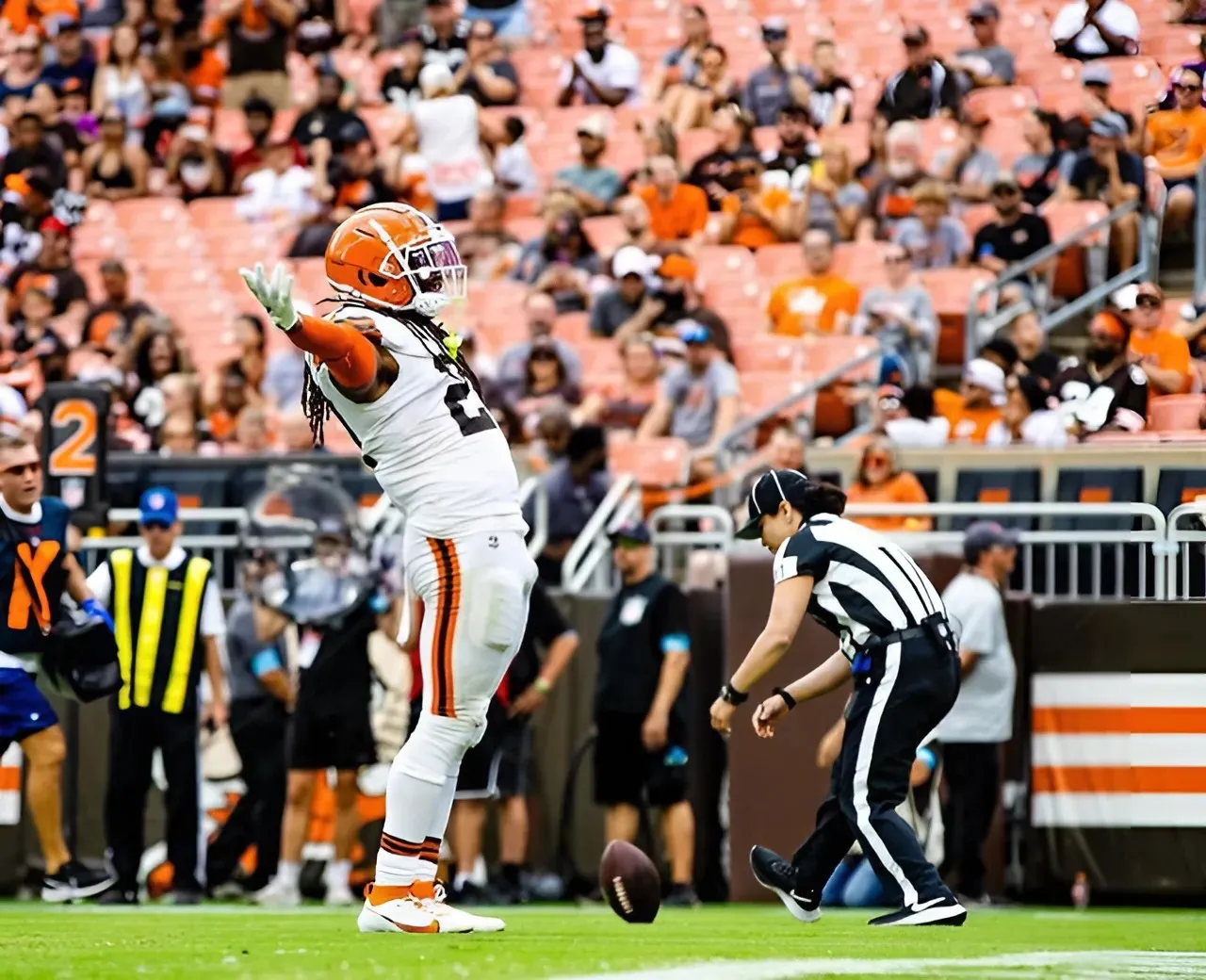The first season of The Walking Dead: Daryl Dixon was a rare entry in the post-apocalyptic universe, requiring surprisingly little familiarity with AMC’s long-running franchise to enjoy it. The same can’t be said of season 2, with the appeal hinging quite a bit on our longing to see Norman Reedus’ Daryl reunite with Melissa McBride’s Carol. That said, Daryl Dixon season 2, subtitled The Book of Carol, delivers on that promised reunion and provides a satisfying continuation to Daryl’s story as a far-flung traveler desperate to get home, only to instead discover purpose and belonging like he never imagined.
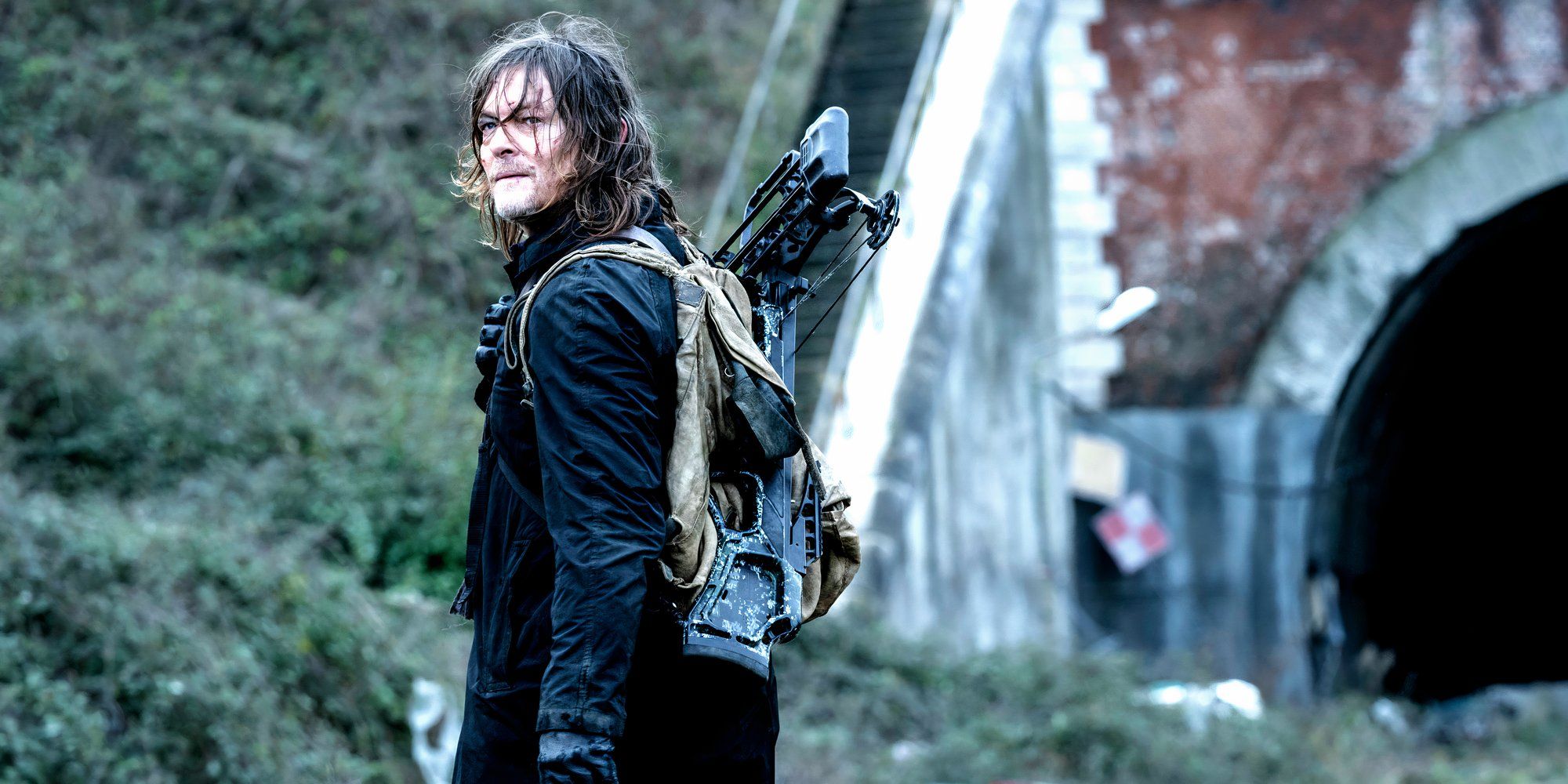
Picking up more or less where season 1 left off, season 2 primarily follows two paths until they converge. Daryl watches over Laurent (Louis Puech Scigliuzzi), and Carol searches for her long-lost friend, ultimately making a voyage across the pond to Europe. Throughout its six episodes, they both find themselves wrapped up in the ongoing conflict between Union de L'Espoir and Pouvoir des Vivants, two factions vying for control in France.
Where Daryl Dixon season 2 falters a little is with that conflict between the Union and Pouvoir. While in season 1 there was a fairly straightforward narrative of getting Laurent to the Nest, season 2 is more muddled, making it harder to feel invested. Thankfully, there’s some very strong character work happening alongside this, and it's some of the best a Walking Dead show has ever produced.
Season 2's Story Is More Complicated Than Is Necessary
This Is Especially True Where The Show’s Antagonists Are Concerned
The main objective for Daryl in season 2 is protecting Laurent, but where before there was only one group hunting them, now there are two. Complicating matters further, the second of these groups is Union de L'Espoir, who rather quickly turn out to not be as good as they initially appeared. Putting Daryl and his allies into conflict with the Union while evading Pouvoir and Madame Genet (Anne Charrier) exacerbates the whole situation in a way that doesn’t feel necessary.
With the two factions both wanting to capture Daryl and co., they become somewhat indistinguishable and less interesting as a result.
It’s understandable to want to raise the stakes in season 2, but the story doubles down on the same kind of threat. With the two factions both wanting to capture Daryl and co., they become somewhat indistinguishable and less interesting as a result. The Walking Dead has long since been more about the human enemy than the living dead, but in needing to balance two groups of antagonists with similar goals, they become watered-down versions of what could have been some very compelling villains.
Speaking of the dead, Daryl Dixon season 2 does include more of the super-powered zombie variants introduced last season. They appear in a few harrowing sequences, but are never really used to their full potential. When fast zombies were first teased in The Walking Dead: World Beyond, it was an exciting development, hinting at the dead again becoming a threat to experienced survivors like Daryl. And yet, they don’t seem to really endanger our main characters any more than a regular walker.
Melissa McBride's Return As Carol Gives Daryl Dixon Season 2 A Boost
Led By Reedus & McBride, The Cast Deliver Powerful Performances
Daryl Dixon season 2 fully earns its subtitle, The Book of Carol, finally becoming the spinoff it was originally conceived to be. Like many of the franchise’s longtime players, McBride is very comfortable in her role, but here she gets to tackle the sort of material she was only occasionally offered in the main series. Her friendship with Daryl, of course, gets explored more deeply, but so does her lingering trauma over her daughter, Sophia. We’re also regularly reminded of what a shrewd character Carol is, which is a side McBride clearly relishes getting to play.
The overall story may be weaker in the second season, but Daryl Dixon is littered with scenes that feature actors giving their all to the material.
Reedus continues to prove Daryl was a role he was born to play, effortlessly stepping back into character and digging deep to bring new facets of him to the surface. This season really builds on how Daryl developed through season 1, growing his relationships with both Laurent and Clémence Poésy’s Isabelle. He is pushed in new directions in season 2, and it’s a challenge Reedus rises to easily. Additionally, there are a handful of action setpieces in which he really shines, showing off how formidable Daryl can be when fighting for those he loves.
Surrounding McBride and Reedus is a strong supporting cast, with even minor characters leaving an impression thanks to sharp writing and memorable performances. The overall story may be weaker in the second season, but Daryl Dixon is littered with scenes that feature actors giving their all to the material. Notable standouts are Eriq Ebouaney as Fallou, returning as one of Daryl’s staunchest allies, and Manish Dayal as a new character, Ash, a pilot Carol befriends and who joins her transatlantic journey. Dayal, in particular, is a great addition, and he pairs very well with McBride’s Carol.
A Final Shoutout To France, Daryl Dixon's True Star
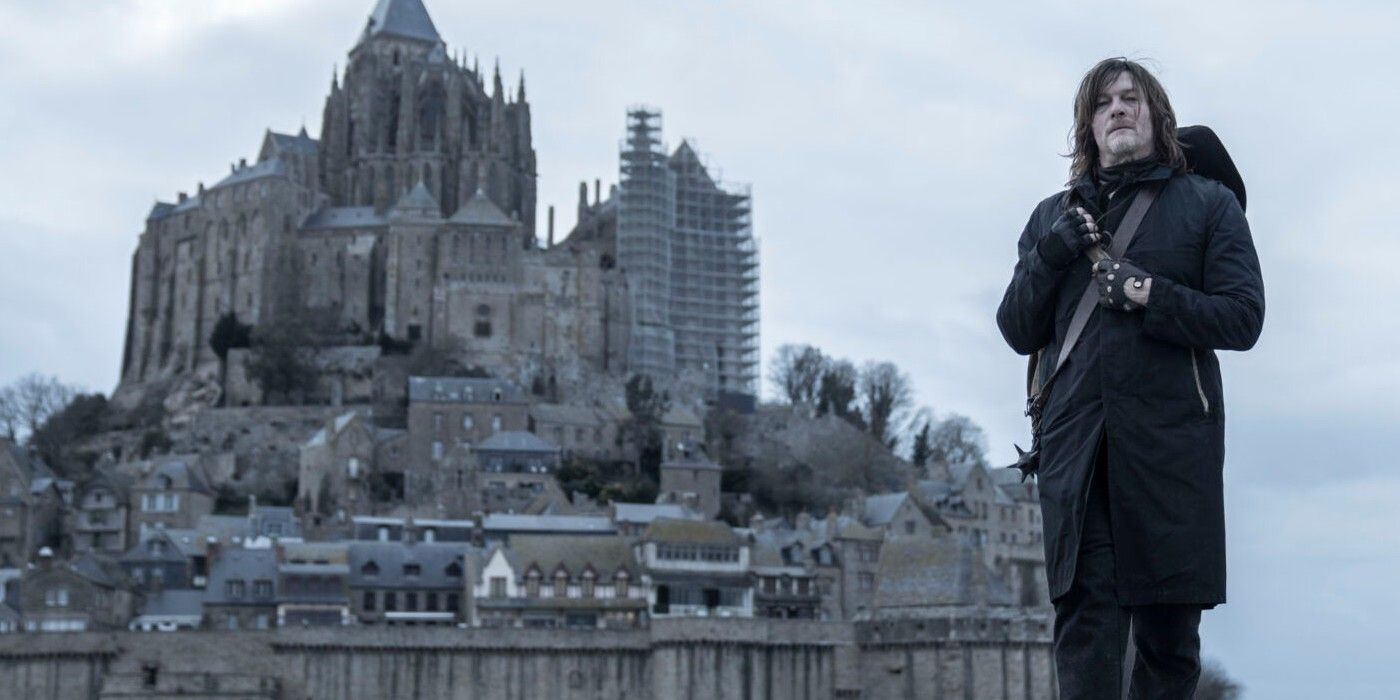
Lastly, I’d be remiss not to mention how Daryl Dixon’s French setting truly makes this series unique. While Dead City has New York and The Ones Who Live spent a little time in the Pacific Northwest, they really can't compare to the scenery provided by the streets of Paris or the French countryside. Mont-Saint-Michel serves as a major location, after all; a visual splendor that’s a far cry from Alexandria or The Commonwealth. Season 2 remains on location in France and the setting alone imbues the series with a rich history beyond The Walking Dead’s many seasons.
Daryl Dixon continues to be one of the better Walking Dead spinoffs. Season 2 isn’t as approachable for new viewers, with possibly even those who enjoyed the first season struggling to follow along with Carol and Daryl’s long history. It’s also, sadly, a more overwrought story this time around, and I found myself struggling to care about certain narrative beats. But the strength of this show lies in its characters and how they react when faced with adversity, no matter how absurd or redundant.
